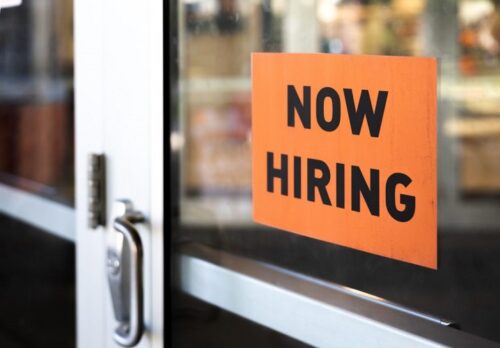
11.23.22 – Pre Employ
Under House Bill 639, individuals convicted of a crime may request that a licensing board or commission determine if their record would disqualify them from acquiring a license. Identifying information and criminal conviction information must accompany the request.
In August of this year, two new bills attempting to reform occupational licensing regulations in Louisiana went into law. This new legislation aims to increase fairness and transparency for individuals with criminal records hoping to acquire occupational licenses.
The first of these bills, House Bill 1062, places additional requirements for boards and commissions regulating occupational licensing. In addition, the bill requires these organizations to justify any occupational regulations based on their ability to “fulfill legitimate fiduciary, public health, safety, or welfare objectives.”
House Bill 1062 allows any individual to request that a licensing board review a given occupational regulation to determine whether it is the least restrictive requirement necessary to achieve these legitimate goals. It also permits these individuals to challenge occupational rules in court. If a court finds them unnecessary or exceeds the required scope, it will enjoin their continued enforcement.
The second bill, House Bill 639, attempts to increase transparency regarding the effect of criminal records on an individual’s ability to acquire particular occupational licenses. This bill aims to permit those with a conviction or arrest record to determine whether they are eligible for a permit before investing time or money in acquiring training.
Under House Bill 639, individuals convicted of a crime may request that a licensing board or commission determine if their record would disqualify them from acquiring a license. Identifying information and criminal conviction information must accompany the request. The licensing entity requires this information to make an informed determination. In addition, the individual requesting the decision may seek a background check which the licensing entity may use to make the determination.
The law prohibits licensing boards or commissions from denying licenses, permits, or certificates to engage in a particular trade or occupation based on a criminal record. However, they may do so for exceptions, like when it relates directly to the given employment. Under this new legislation, a licensing entity must consider certain factors in judging whether or not the specific conviction is directly connected, including:
- “The nature and seriousness of the offense.
- The nature of the specific duties and responsibilities for which the license, permit, or certificate is required.
- The amount of time that has passed since the conviction.
- Facts relevant to the circumstances of the offense, including any aggravating or mitigating circumstances or social conditions surrounding the commission of the crime.
- Evidence of rehabilitation or treatment undertaken by the person since the conviction.”
Before denying a license, the entity must provide written notice of the reasons for the denial. It must also include the individual’s right to submit additional evidence within 60 days before a final determination. Once the licensing entity decides, it is binding, barring any subsequent criminal charges or the discovery of undisclosed criminal convictions.
